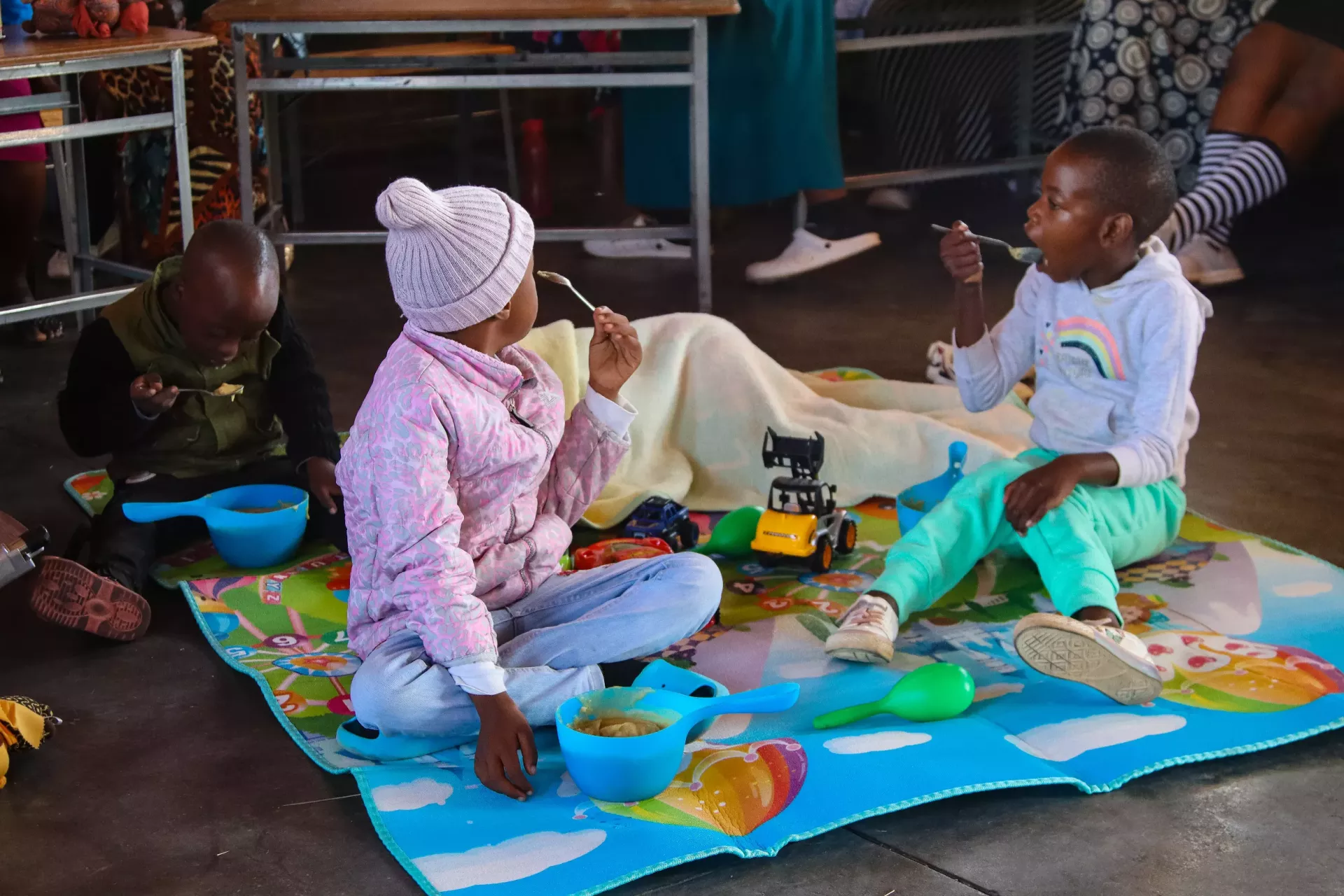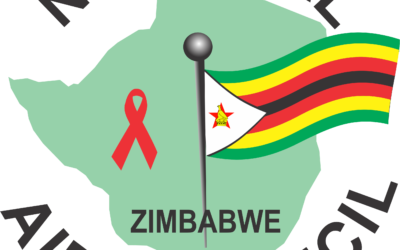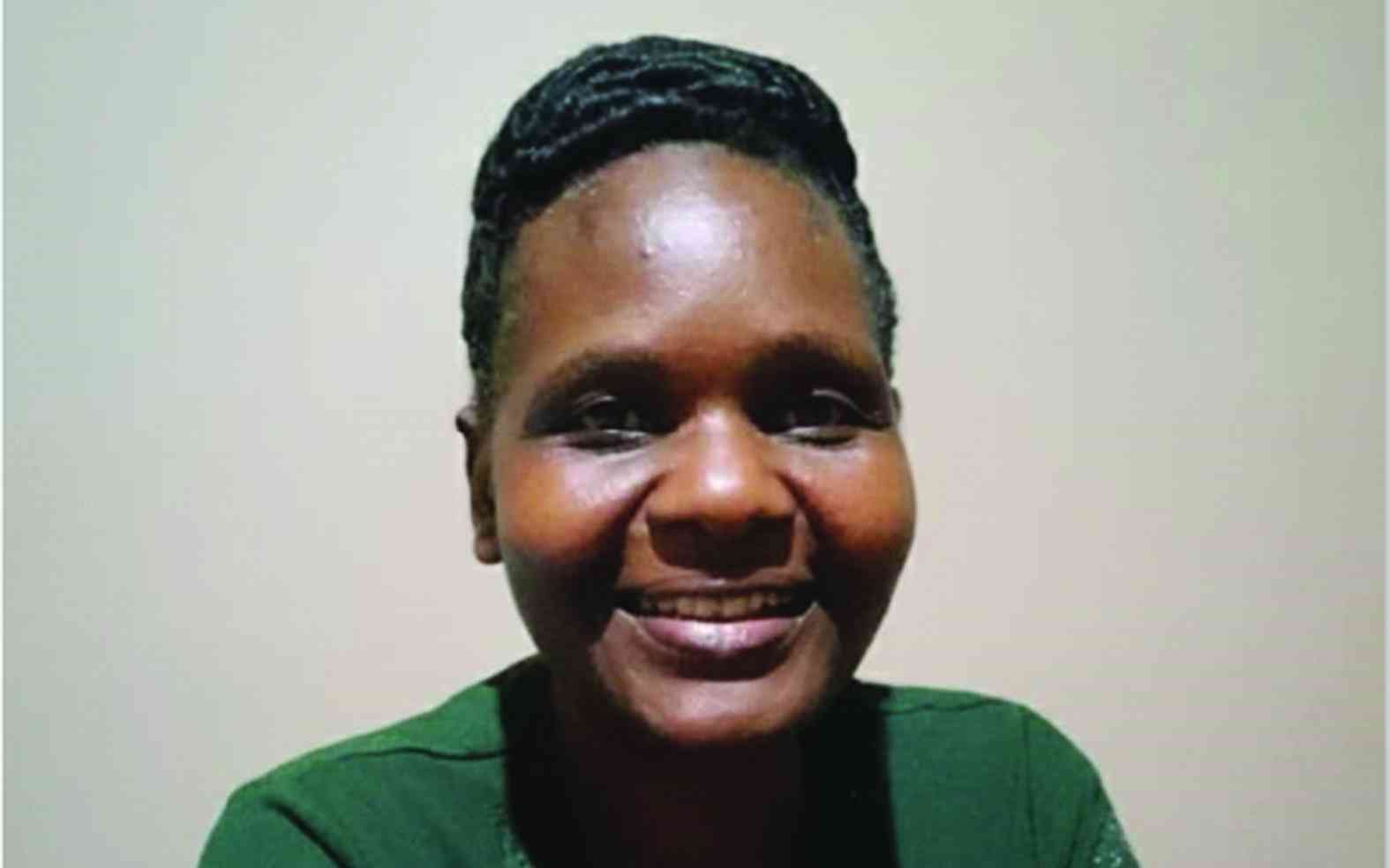
Headmistress Leaflet Nyathi lobbied for nearly a decade for her school to be allowed to house a stimulation centre for children with severe disabilities from the community that were being left out of the education system.
Nyathi, the headmistress of Dumezweni Primary School in Bulawayo’s Pumula South high density, said she felt uncomfortable that there were some children in the community that were out of school because of their physical condition.
“We started lobbying for a stimulation centre to cater for children with severe disabilities as far back as 2019 when we realised that we have many of them in the community, who were not going to school,” she said.
“We established that the children were not going to school yet the government’s education policies say every child must go to school despite their status.
“The school wrote to the Ministry of Primary and Secondary Education to say we needed a special unit over and above the special class that we already had.
“Unfortunately there was that period of Covid-19, which delayed the process but we are happy that we have partners that came along and the stimulation centre has been opened.”
Dumezweni Primary School’s new stimulation opened its doors in May this year following lobbying by the Zimbabwe Parents of Children with Disabilities Association (ZPHCA) through a partnership with the Ministry of Public Service, Labour and Social Welfare and Unicef’s Child Protection Fund III funded by the Swedish International Development Cooperation (SIDA).
The advocacy programme has contributed to the implementation of National Disability Policy (NDP) commitments for children with disabilities in five districts of Zimbabwe.
- Esidakeni, Cyrene farms grab topical for Mat’land in 2021
- Mpofu ‘invades’ Malunga’s farm
- Esidakeni, Cyrene farms grab topical for Mat’land in 2021
- Mpofu ‘invades’ Malunga’s farm
Keep Reading
It aims to strengthen the capacity of caregivers to advocate for free access to disability specialised services by promoting formal collaboration of health, education, social development, and protection services actors with community-based support groups of caregivers of children with disabilities basing their demands on provisions of the NDP.
Engagements with the Ministry of Primary and Secondary Education’s Learner Welfare, Psychological Services and Special Education Needs Department resulted in the assessment of disabilities for placement of children in special classes and in stimulation centres for children, who cannot benefit from usual learning environments.
Three stimulation centres have since been opened at Bulawayo’s Dumezweni Primary School, Insukamini Primary School and Josiah Chinamano Primary School with an enrolment of 17 children so far.
The ZPHCA is now pushing for the opening of a fourth centre at another primary school in the high density suburbs.
Nyathi said parents and caregivers of children with disabilities were instrumental in the running of the centre as they took turns to prepare food for the children and caring for them.
“The children are benefiting from the stimulation centre because they no longer have to be sitting at home and here they are learning basic life skills so that they can look after themselves,” she said.
“We also have the school feeding programme where they can have hot meals together with other children.
“We are very grateful for the equipment we received from Unicef to assist these children.”
Nyathi said she expected the enrolment to increase as the community becomes more aware of the existence of the stimulation centre.
Farirai Hlomayi, the teacher responsible for the stimulation centre, said the class had children with severe disabilities aged between five and 12.
“We teach the children life skills such as feeding, dressing up, bathing, cooking, gardening and poultry, among other things so that they can look after themselves when they grow up,” Hlomayi said.
“They start their lessons at midday and go home at 3PM because of the cold weather at the moment.
“We are very happy as Dumezweni Primary School and also me as a teacher because I can put into practice what I was trained to teach.”
Pumula South resident Diana Mnikwa whose six year-old son has Down syndrome said she was relieved when the stimulation centre was opened within her community.
“I had challenges looking after him at home as I did not have adequate information about his condition,” Mnikwa said. “I am happy that we now have this centre where we can access experts that will assist our children, who have different conditions.”
Subusisiwe Ncube whose nine year-old son has cerebral palsy said besides teaching children with severe disabilities life skills, the stimulation centre shielded them from abuse.
“Some children with disabilities are abused by parents or caregivers not out of choice, but because of circumstances,” Ncube said.
“Some parents lock them up at homes so that they can fend for the family since they cannot afford to pay child minders.
“At the stimulation centre the children are safe from abuse and parents have a chance to attend to other pressing issues when the children are here.”
Portia Sibanda, a volunteer at the stimulation centre, said she was inspired to be a caregiver after staying with a landlord who had a child with disabilities.
“I want to thank Unicef and its partners for the support,” Sibanda said. “I will continue to help these children as much as I can.”
The ZPHCA has been lobbying for children with severe disabilities that cannot be enrolled in schools to be accommodated at day care centres within government and local authorities’ education systems for sustainability.
Caregivers of children with disabilities say they are finding it difficult to access formal education systems due to prohibitive costs and lack of appropriate facilities in most of the schools.
Tendai Masumba, the ZPHCA field officer for Bulawayo, said the stimulation centres will become a one stop service for caregivers of children with severe disabilities to access various services. — Unicef









